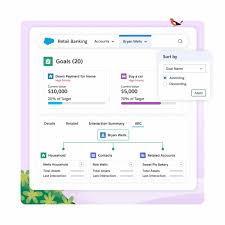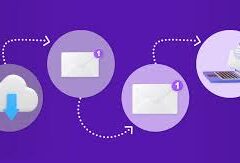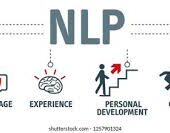The six advantages of Salesforce that you should be aware of include:
- Flexibility. One of the strong points of the Salesforce platform is its high degree of adaptability.
- Easy handling of leads and prospects.
- Accessibility and security.
- Collaboration platform simplicity.
- Infinite number of options thanks to a multitude of applications improved customer engagement.
- Easy integration with other systems for automation and single source of truth unified data.
- Holistic Insights and Reporting Across Functions: Data plays a crucial role in the growth of businesses in today’s digital-first economy. It is sourced from various channels like social media, Google Analytics, business software, apps, and CRM technology. However, the real value lies in organizing, cleaning, analyzing, and making the data actionable for multiple teams. This ensures a unified view of the customer and their information across the organization. Despite the rise of push and mobile messaging, email marketing remains dominant, constituting 80% of outbound messaging. A CRM system consolidates comprehensive customer analyses, facilitating customized reports for various departments, all centered around customer needs.
A CRM Platform Empowers Teams: A significant advantage of a CRM system is providing teams with a unified view of the customer. This advantage extends to various benefits derived from usable data. Reports enable businesses to identify opportunities, assess interactions with leads and customers, analyze sales and customer service trends, and more. This customer-centric approach guides decision-making across all customer interactions, from email marketing to available online features. Notably, 86% of marketers engage customers in real-time across multiple channels, and 82% consider customer experience a key competitive differentiator.
- Actionable Data Dashboards: Using spreadsheets or disconnected systems can be cumbersome for managing customer relationships and data. CRM platforms eliminate manual data entry, historical context issues, and incomplete customer relationship pictures. A key benefit of CRM systems is the availability of dashboards, allowing users to customize insights for specific roles. For instance, a director of marketing can focus on email marketing metrics, while a director of sales can track calls and positive actions. Dashboards offer a quick view of essential data without the need for extensive digging or running reports.
- Customer-Centric Automation: Continuous data capture allows businesses to create personalized messaging and outreach tailored to individual customer needs. Dynamic content and automated messaging are benefits of CRM that enable targeted drip campaigns. These automated campaigns, triggered by specific actions, can be applied throughout the sales funnel. For example, a tour company’s website can initiate a drip campaign for users creating custom itineraries for specific regions. Automation ensures timely and relevant communication, adjusting campaigns based on customer actions.
- Proactive Customer Interactions: CRM platforms enhance a sales team’s outreach and customer service efforts by providing insights into customer interests. With relevant data available, representatives can proactively meet customer needs and solve problems. This advantage is particularly beneficial for customer service teams, saving time and making potential and current customers feel important through proactive and knowledgeable interactions.
- Optimized Processes: Automation is a significant advantage of CRM platforms, leading to efficiency improvements across the organization. From cutting lead nurturing time with drip campaigns to providing consistent, customer-centric interactions, CRM platforms streamline processes. Custom lead scoring and AI-driven insights help prioritize marketing qualified leads, facilitating a smoother transition to sales qualified leads. This optimization allows teams to focus on tasks aligned with their expertise, ultimately enhancing customer service and satisfaction.
- Simplified Collaboration: CRM serves as a comprehensive record of interactions, needs, and contact information, fostering collaborative efforts. Cloud-based CRMs ensure real-time updates, and built-in collaboration tools facilitate simultaneous work on shared files. Collaboration is seamless across departments, such as marketing, sales, commerce, and customer service, eliminating siloed information and ensuring everyone works with the latest details.
CRM software offers a multitude of benefits, from providing insights and data to powering an efficient company. The organized data leads to a better understanding of customers, enabling improved messaging and outreach. Automation enhances efficiency in delivering customer service, and collaborative efforts become more accessible, reducing information silos. Overall, CRM software contributes to better-managed customer relationships and, consequently, better business outcomes.













